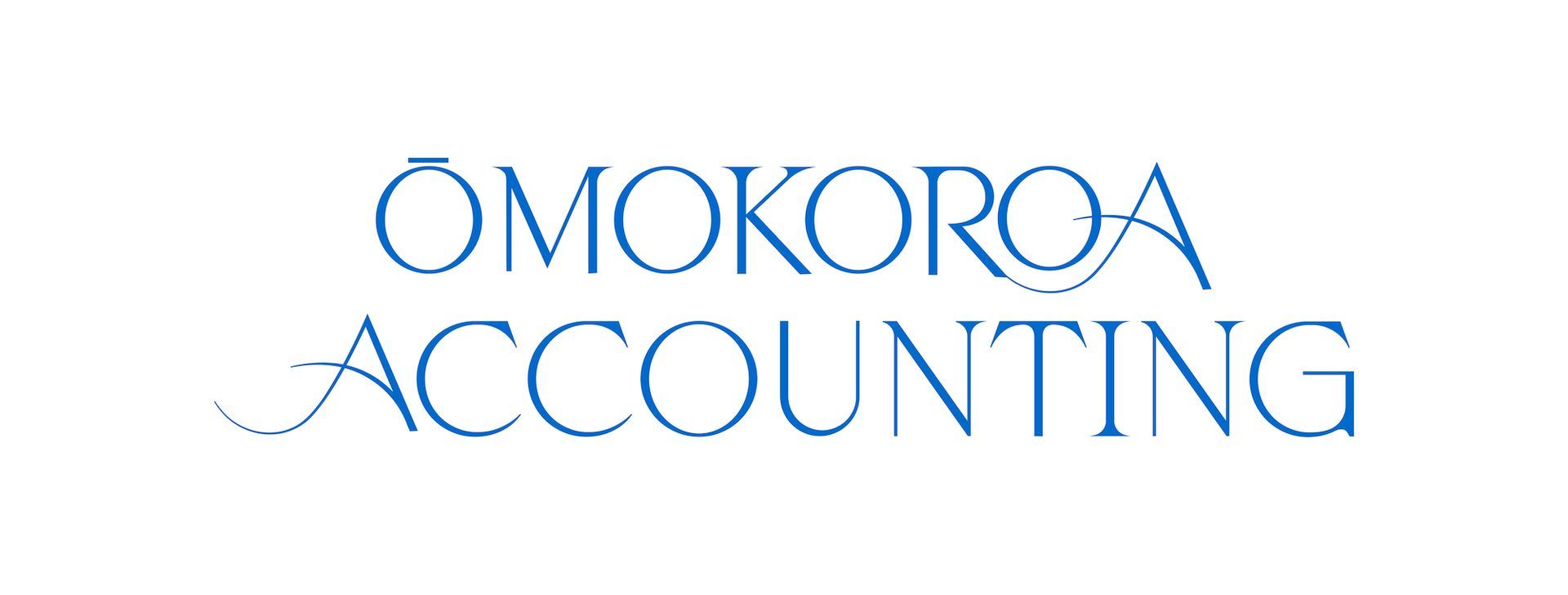What’s the difference between employees and contractors?
Does your business use both employees and contractors? It's important to distinguish between them as they are paid and taxed differently.
Despite what you may call the individual concerned, that description is not definitive. If the status of the worker is questioned in the Employment Court or Employment Relations Authority, for example, the Employment Relations Act 2000 requires a consideration of the ‘real nature of the relationship’. Common law tests assist in determining what that is. They include:
- the control test, ie how much control the hirer has over the worker
- the integration (or organisation) test, ie whether the worker is independent or instead an integral part of the business organisation of the person who engaged them
- the economic reality (or fundamental) test, ie is the worker performing services as a person in business on their own account?
These tests, which can involve many considerations, and the law that has developed in the employment jurisdiction, also assist Inland Revenue when it's investigating the status of a worker.
Key payment differences
When paying employees, businesses should deduct PAYE, ACC, Student Loan Repayments, Child Support, and KiwiSaver/Superannuation.
Inland Revenue takes a tough stance on employers who ignore their PAYE obligations by treating employees as contractors. Companies that breach the rules can be prosecuted and fined.
The bottom line:
As an employer, you need to keep good records and be clear on your obligations concerning the taxation of your workers' earnings.
Uber court case
Last October, four New Zealand Uber drivers won a landmark case against the ridesharing app, which recognised them as employees, not contractors.
The decision enables these workers to claim rights and protections as Uber employees.
The ruling has broader implications for Kiwi businesses and how staff are categorised.
Employment status entitles workers to minimum employment rights under New Zealand law, including the minimum wage, leave entitlements, and access to union membership and collective bargaining.
While the ruling was only made for the four drivers, legal experts believe the case could lead to more action against businesses over employment status. Uber has been granted the right to appeal the Employment Court decision.
Your business should be clear on who is an employee and who is a contractor to avoid issues down the line. Discuss your contractor agreements with your advisers if you’re unsure.


